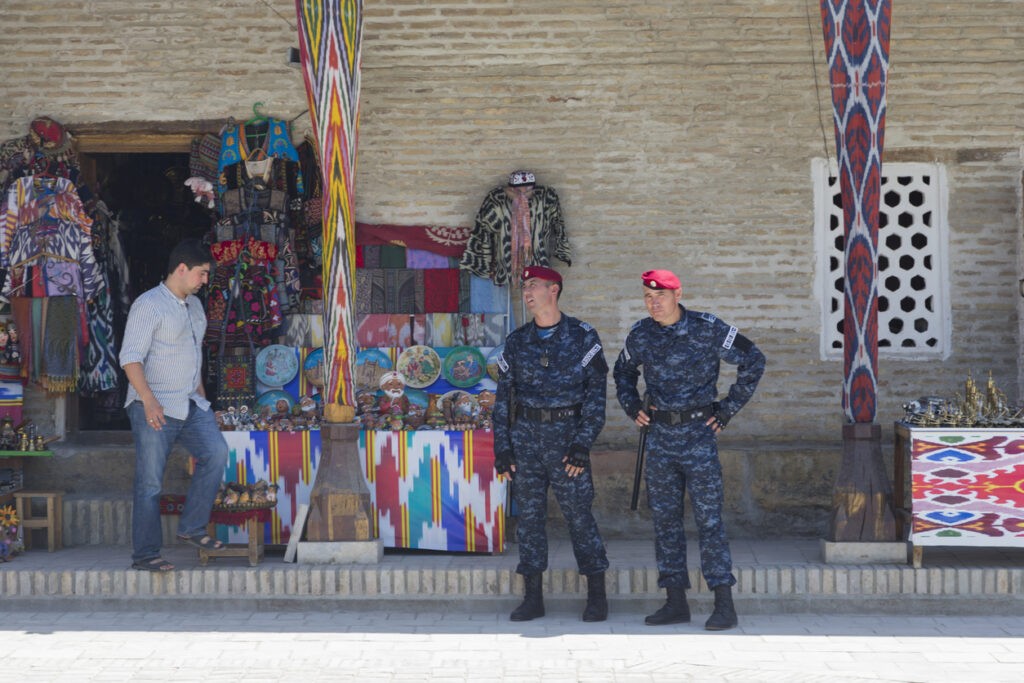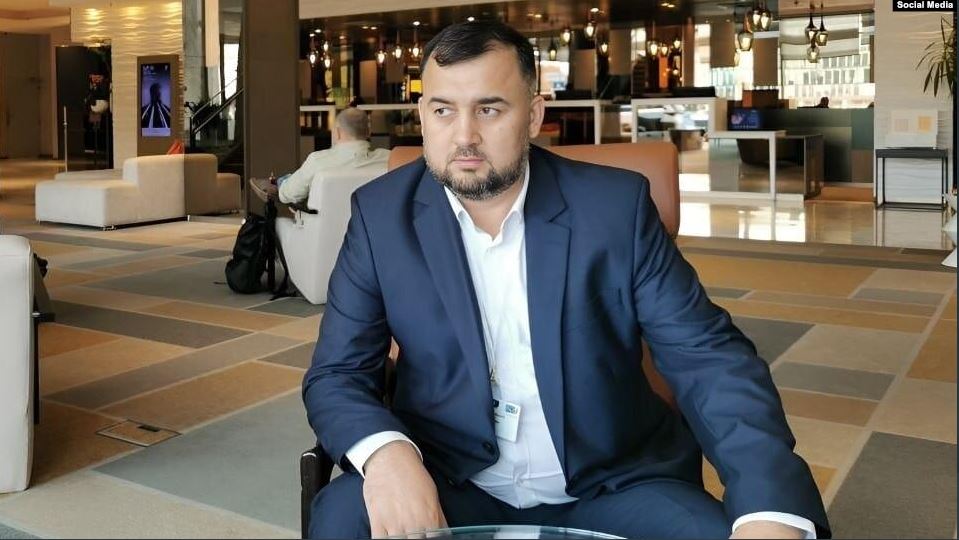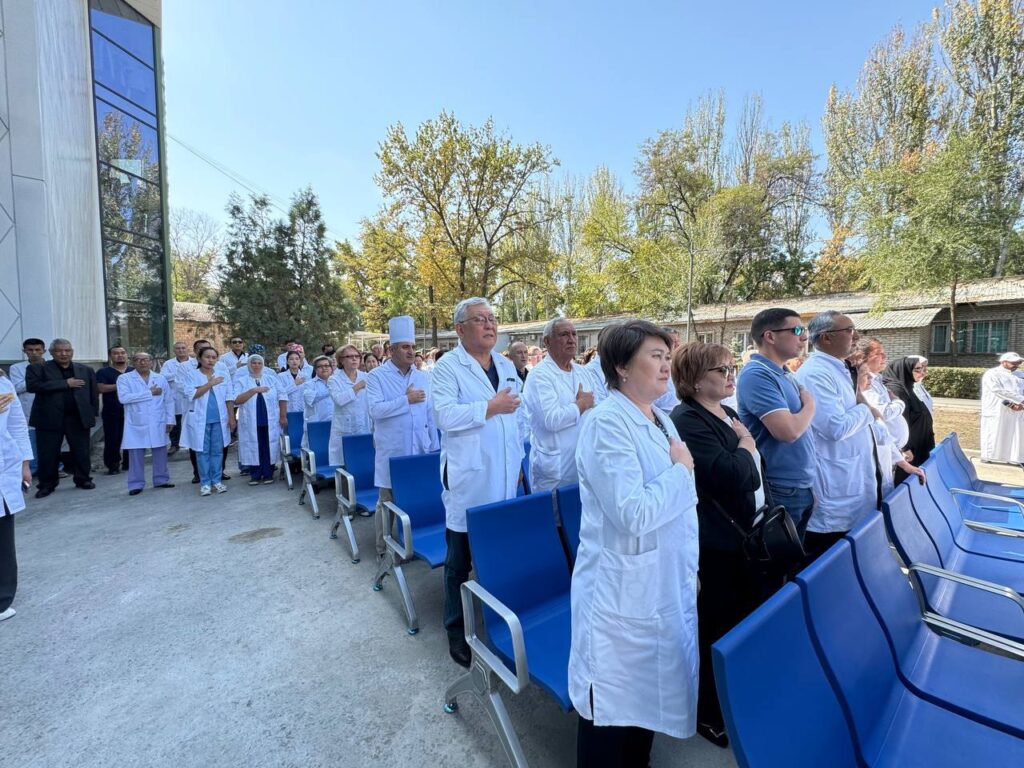Kyrgyzstan Strengthens Fight Against Corruption
Kyrgyzstan’s president, Sadyr Japarov, has signed a new law to intensify the fight against corruption by introducing tougher penalties for offenders and eliminating opportunities for them to avoid imprisonment. Under the new legislation, individuals convicted of corruption will no longer be able to pay fines or compensate the state for damages in exchange for avoiding prison sentences. Instead, they will be required to serve a mandatory prison term - even if they confess to their crimes. The new law amends Article 79 of Kyrgyzstan’s Criminal Code by adding Part 1/1. According to this amendment: Offenders who plead guilty and fully compensate the material damage caused to the state for crimes listed under Articles 336-348 (corruption and other offenses against state and municipal interests) must receive a prison sentence. The sentence will be no less than half the minimum term prescribed under the relevant criminal article. Additionally, corrupt individuals will be permanently barred from holding state or municipal positions, regardless of whether their criminal record is later expunged. This law signals Kyrgyzstan’s commitment to eradicating corruption within state structures. Authorities believe it will create the necessary mechanisms to deter corrupt activities and hold offenders accountable. One of the country’s most high-profile corruption cases involved former customs officer and oligarch Raimbek Matraimov, nicknamed “Million.” As previously reported by The Times of Central Asia, Matraimov avoided imprisonment by paying over $200 million to the state, sparking public outrage over leniency in sentencing. The new law addresses such loopholes, ensuring that financial restitution alone will no longer suffice to escape imprisonment. This reform underscores Kyrgyzstan’s broader efforts to strengthen governance, restore public trust, and ensure accountability at all levels of government.






